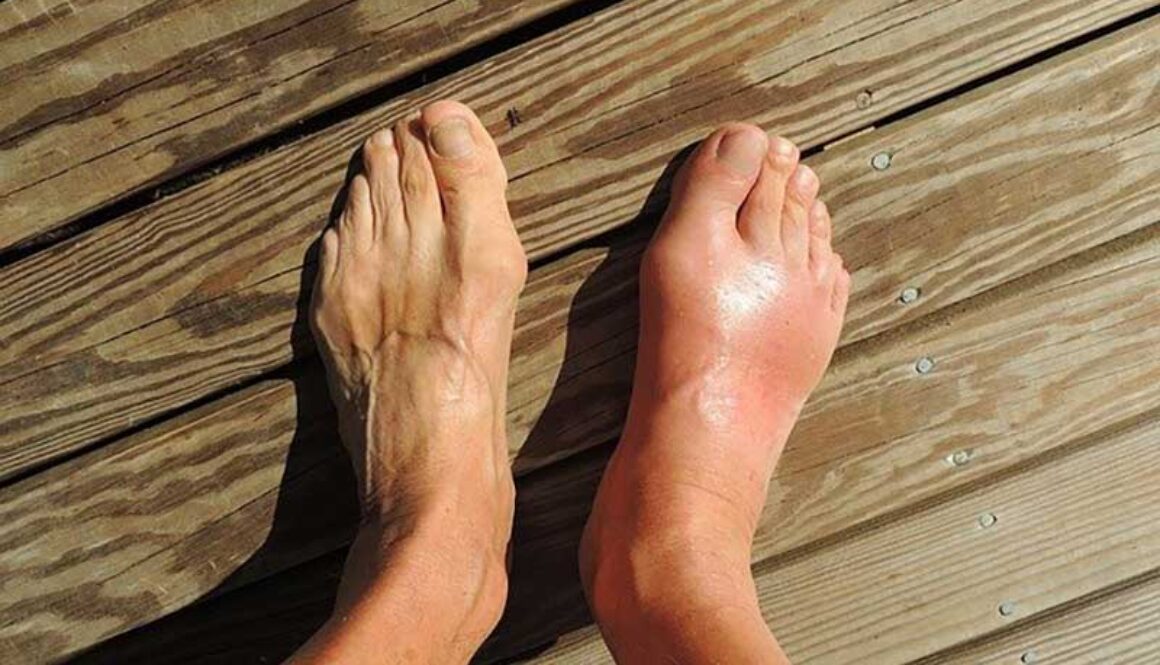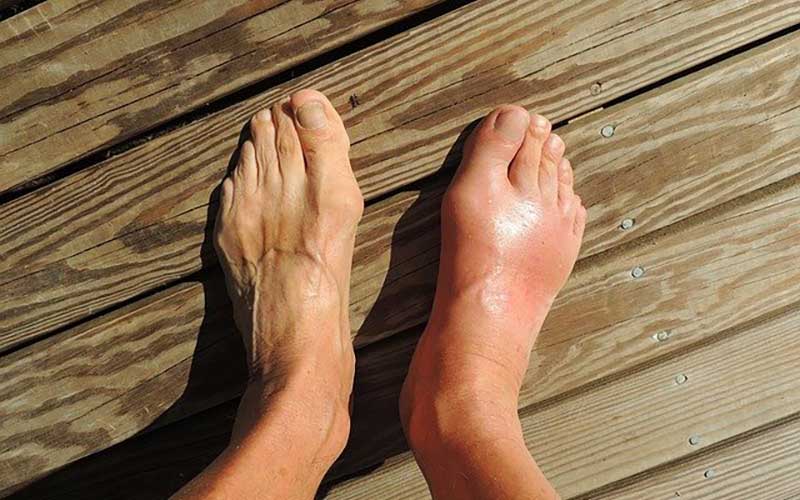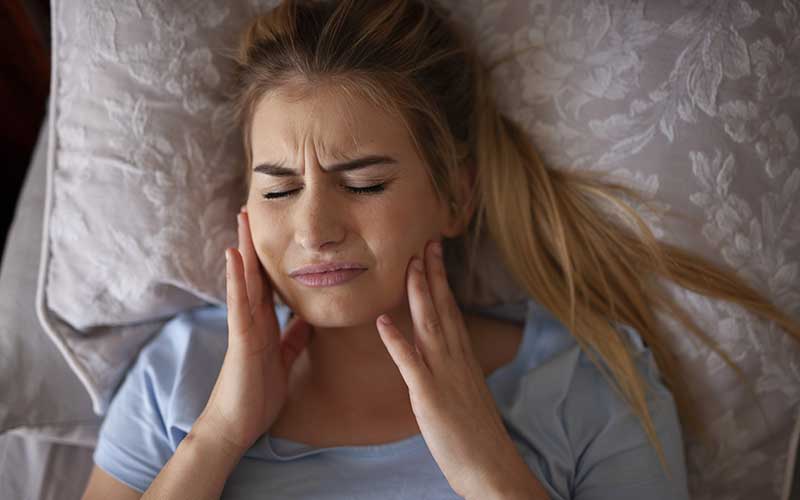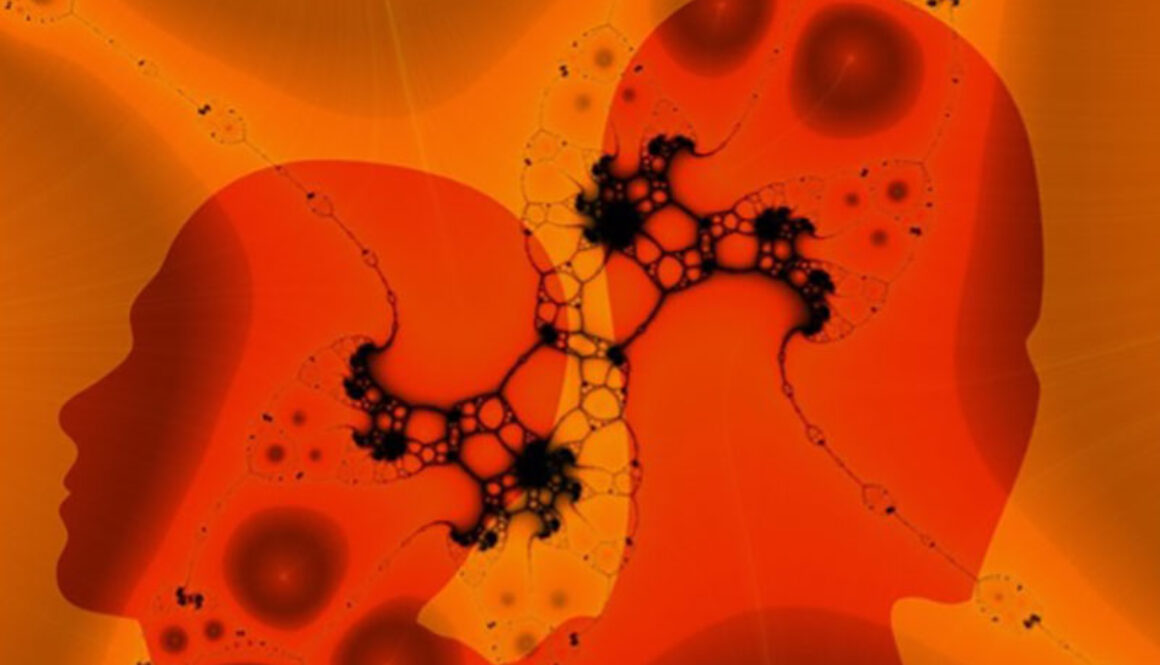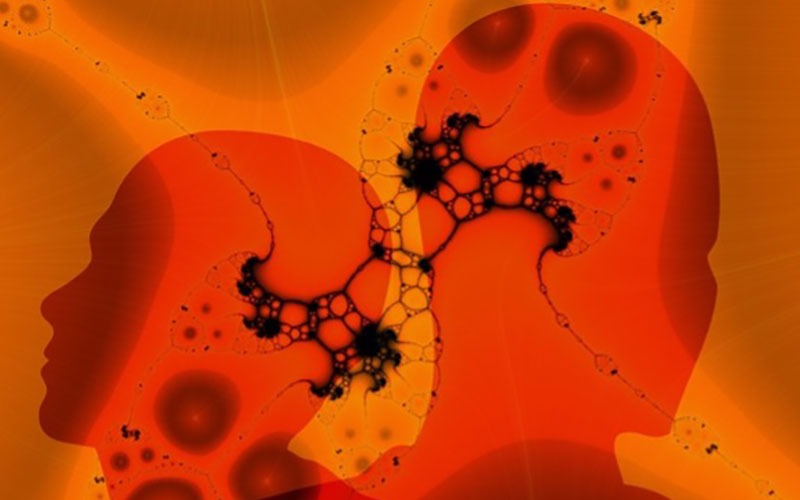Irritable Bowel Syndrome (IBS)

Irritable bowel syndrome affects between 25 and 45 million people in the U.S., and 67% of sufferers are female. Although the exact causes are unknown, a contributing factor is a neuron imbalance that leads to gut sensitivity. Patients typically present with one of four subtypes:
- IBS-D: the main symptom is diarrhea
- IBS-C: main symptom is constipation
- IBS-M: with mixed symptoms of diarrhea and constipation
- IBS-U: which presents with other symptoms such as stomach cramping
Often disruptive symptoms may include pain, bloating, constipation, diarrhea, disruptive patterns of defecation, and general intestinal unease. The syndrome can often impair one’s physical, emotional and social well-being. Although several therapeutic interventions exist to treat IBS, results tend to be mixed and inconsistent focusing mainly on controlling symptoms. Dietary adjustments are encouraged as well that may include limiting high-gas foods, gluten, and FODMAP’s (carbohydrate sensitivity).
Given the multivariate nature of the causes of IBS, many patients choose to seek out alternative solutions such as acupuncture and herbal medicine. There are numerous clinical studies that confirm the efficacy of Traditional Chinese Medicine (TCM) in treating IBS.
In the attached study, acupuncture was compared to drug intervention for providing symptom relief and improvement of bowel movement quality. After a course of 20 treatments, acupuncture showed a total effective rate of 97.96% compared to drug intervention at 83.61%. The acupuncture group also showed a lower rate of symptom recurrence after a six-month follow up.


